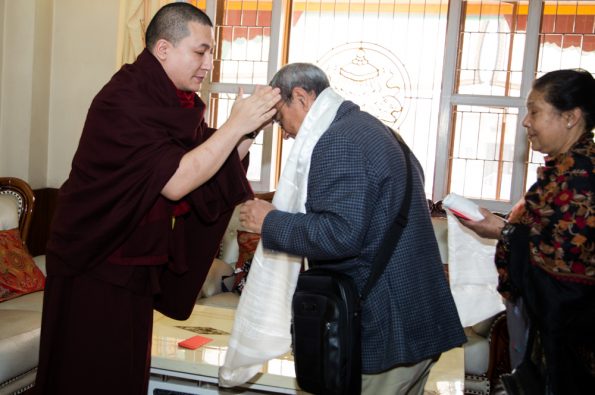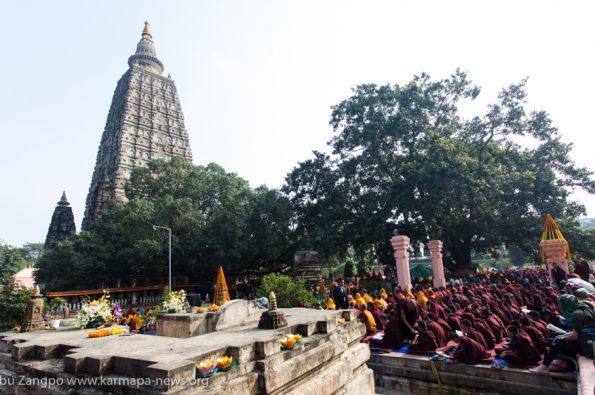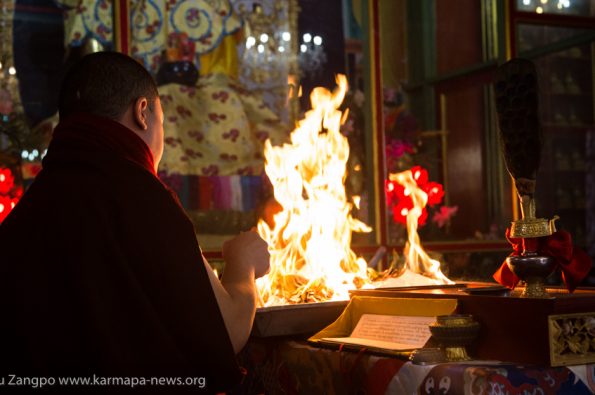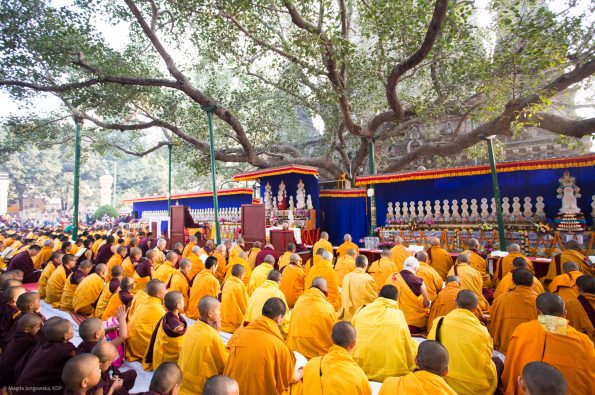01.05.2013
The so-called war of words involving North Korea, South Korea and the United States, raises an important question for our time: how do we define violence?
Many people have pointed to the threat of violent conflict, but I believe that it has already taken place. In Buddhism, violence is thought of not just as physical action, but in terms of our thoughts and words as well. We can see through history that physical conflict rarely takes place without violent thoughts and words preceding them. Our thoughts manifest our words. Our words manifest our deeds.
As Buddha Shakyamuni, the founder of Buddhism says,
“Words have the power to both destroy and heal. When words are both true and kind, they can change our world.”
In the face of so much conflict, how can we manifest a world that heals, rather than destroys?
Please share:
15.09.2012
Saturday 15 September marks four years since the fall of the Lehman brothers, the beginning of the economic crisis. Seeing and experiencing how the economic system has caused pain and sorrow for many people around the world, we cannot forget, however, that it was once intended for something good and to benefit everybody. With the economy as well as our day-to-day lives, we have to remember to combine the qualities of compassion and wisdom with everything we do.
Please share:
26.07.2012
This summer, the world is looking towards London to celebrate its athletes. For them, the saying ‘no pain, no gain’ is part of their path to excellence. For the rest of us, we might be left wondering whether all this pain is necessary. Wouldn’t life be much easier if we only had gain?
Nobody wants pain and crises, but in life, it is inevitable that we will go through such experiences. They are a general part of life – there is no life without pain. In fact, from a Buddhist perspective there is a lot of truth in the saying ‘no pain, no gain’, though maybe not exactly in terms of how it is usually understood.
Please share:
07.07.2012
We all want to lead healthy and prosperous lives. The news headlines in the UK and around the world, however, are firmly focused on the activities of banks and bankers and the weakness of our global economy. They paint a picture of wealth and prosperity defined by possessions and materialism alone. How do we lead wealthier lives, in ways that don’t just involve accumulating money?
Please share:
20.06.2012
The financial crisis in Europe, and the suffering caused by it, is something that has increasingly drawn my attention. The population of young people – my own age group – is particularly affected by it. I believe that in Spain, where I begin my third European tour this week, more than half of young people are unemployed. Therefore, I believe that questions such as “what is wealth?’ and “what makes us wealthy?” are more relevant today than ever before.
Please share:




